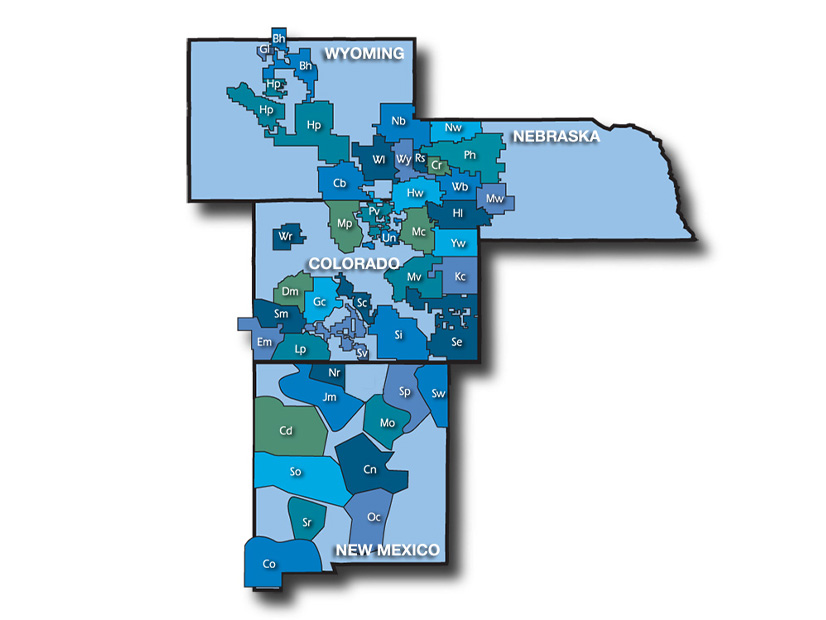FERC last week stuck to its ruling that Tri-State Generation and Transmission Association’s transitional process for interconnection customers is just and reasonable, overriding rehearing requests by a pair of solar developers (ER21-410-001).
The commission in January accepted Tri-State’s tariff modifications to its large generator and small generation interconnection procedures (LGIP and SGIP) and its proposed queue reform. It found the transitional process to be a reasonable means of implementation and resolving the backlog, and that it was consistent with other precedent. (See FERC Accepts Tri-State GI Procedures.)
Keota Solar and Arevia Power challenged the sufficiency of the process that allows interconnection customers 60 days and an additional cure period to meet readiness and site-control requirements. Under Tri-State’s transitional process, interconnection customers have three options to demonstrate readiness: a contract for sale; inclusion in a resource plan; or acceptance of a provisional large generator interconnection agreement.
FERC said it continued to find Tri-State’s process to be consistent with or superior to the pro forma LGIP and, “therefore, is just and reasonable.”
“Given Tri-State’s stated challenges in operating its interconnection queue,” the commission said, “the proposed transitional process [is] a reasonable means of implementing the queue-reform proposal and resolving the interconnection queue backlog.
“Petitioners’ rehearing objections to the readiness criteria indicate frustration with the fact that their respective projects are not ready and cannot proceed in the transitional serial process,” FERC added.
The commission also denied Keota’s separate request for remedial relief under the Federal Power Act and a one-time waiver of certain requirements in Tri-State’s LGIP, which established eligibility for the transitional process’s late-stage interconnection requests (ER21-1206).
The solar developer, after missing several deadlines, requested a limited waiver from requirements that it make a readiness demonstration before entering the transitional process; pay a deposit equal to 100% of the costs for transmission facilities and network upgrades identified in system studies; and subject itself to punitive withdrawal penalties equal to nine times the total study costs.
FERC denied the request, saying the circumstances didn’t meet the criteria for granting the waiver and finding that Keota had not demonstrated that it acted in good faith.






